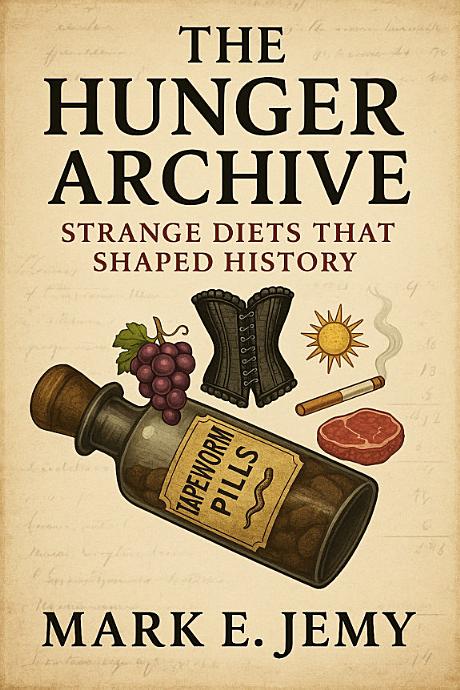The Hunger Archive: Strange Diets That Shaped History
The Hunger Archive: Strange Diets That Shaped History
Our journey through history reveals that diets have always been more than just sustenance. They are a reflection of cultural practices, societal norms, and even survival tactics. This book delves into the fascinating world of historical diets, uncovering how these peculiar practices have shaped civilizations.
The Role of Diet in Cultural Evolution
From the ancient Egyptians to the medieval Europeans, dietary practices have been a cornerstone of cultural identity. These practices were often dictated by the availability of resources, religious beliefs, and social hierarchies. For instance, the consumption of certain foods was often seen as a status symbol, while others were reserved for religious ceremonies.
Survival and Adaptation
Throughout history, humans have adapted their diets to survive in various environments. This adaptability is a testament to human resilience and ingenuity. Whether it was the consumption of insects in arid regions or the reliance on fish in coastal areas, dietary practices were often a matter of survival.
- Ancient grains and their significance
- Bizarre feasts and their cultural meanings
- The impact of trade on dietary practices
The exchange of goods and ideas through trade routes introduced new foods and dietary practices, leading to a fusion of cultures. This exchange not only enriched diets but also laid the foundation for modern culinary practices.
Conclusion
The exploration of strange diets throughout history offers valuable insights into human behavior and cultural evolution. By understanding the past, we can gain a deeper appreciation for the diverse culinary traditions that exist today.
From historical references to cultural echoes, this book builds a bridge between the lessons of the past and the questions of the present. It paints a vivid picture of how time reshapes our understanding of progress and identity.
The result is not just a collection of ideas, but a living dialogue that invites participation, self-inquiry, and perspective.
Ultimately, this book leaves the reader with a sense of clarity and curiosity — a reminder that understanding begins when we dare to question what we think we already know.

